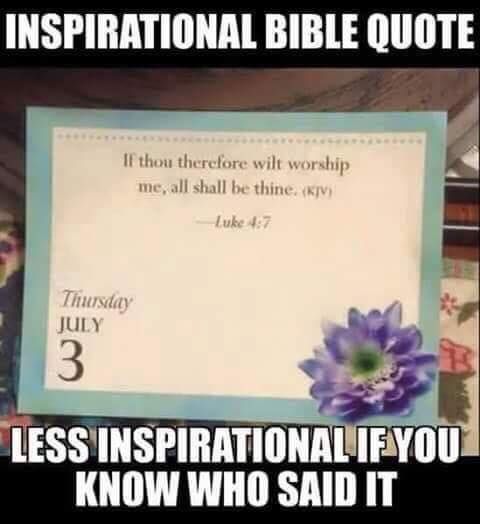In understanding God’s word fully and accurately, it is important to understand it in the correct context. Today we’ll discuss different forms of literary context.
Just as in any literature, there are different genres and devices used to convey the message of the author. And they should be understood in light of them. We don’t read prose the same way we would read poetry and when metaphors are used, the reader is expected to look beyond the image to see the intended idea. Sometimes these genres and devices are easy to identify, and sometimes not.
When we read in Song of Solomon 4 the words of the man to the woman:
“How beautiful you are, my darling!
Oh, you are beautiful!
Your eyes behind your veil are like doves.
Your hair is like a flock of goats streaming down Mount Gilead.
Your teeth are white like newly sheared sheep
just coming from their bath.
Each one has a twin,
and none of them is missing.”
…we’re pretty sure he’s speaking poetically, using simile. This passage isn’t meant to be understood literally or at face value. Understanding that the author is using certain devices allows us to appreciate the message as intended.
The Bible contains several different literary genres:
- Historical narrative – the author tells what actually happened, play by play (Jesus heals the blind man)
- Parable – an earthly story conveying a spiritual meaning (the sower and the seed)
- Wisdom literature – wise sayings, and principles (Psalms, Proverbs, Ecclesiastes)
- Apocalyptic – writing to reveal hidden truths about God, the spiritual realm and the future (Daniel and Revelation)
Many of these genres use distinguishing literary devices as well, for instance:
- Historical narrative might include related historical events such as Luke’s account of Christ’s birth, “In those days a decree went out from Caesar Augustus that all the world should be registered. This was the first registration when Quirinius was governor of Syria.” Luke 2:1-2
- Wisdom literature might use poetry, or alliteration. For instance, Psalm 119 is an acrostic, where every 8 verses begins with the same letter of the Hebrew alphabet.
- Apocalyptic literature uses symbolism, and numerology throughout giving meaning to those to whom the message was intended but seeming mysterious and puzzling to those unfamiliar with the allusions.
In the coming weeks we’ll look a little deeper at these types of contexts and their accompanying devices. But for today celebrate the fact that God’s word is deep and rich not only in it’s meaning but in it’s varied and beautiful delivery.
Jon Price
*extra credit question: who said the quote in the meme above?

